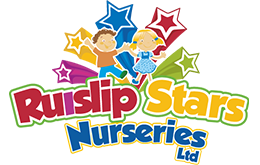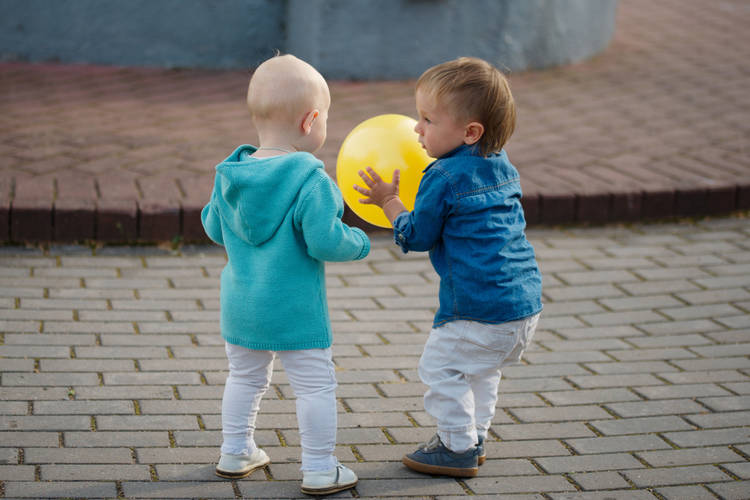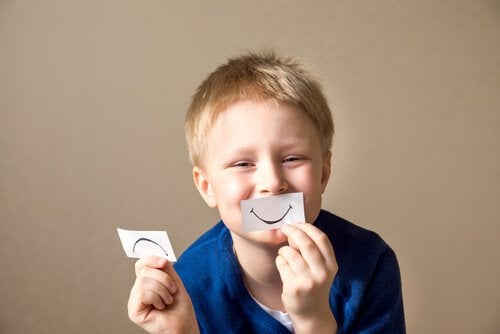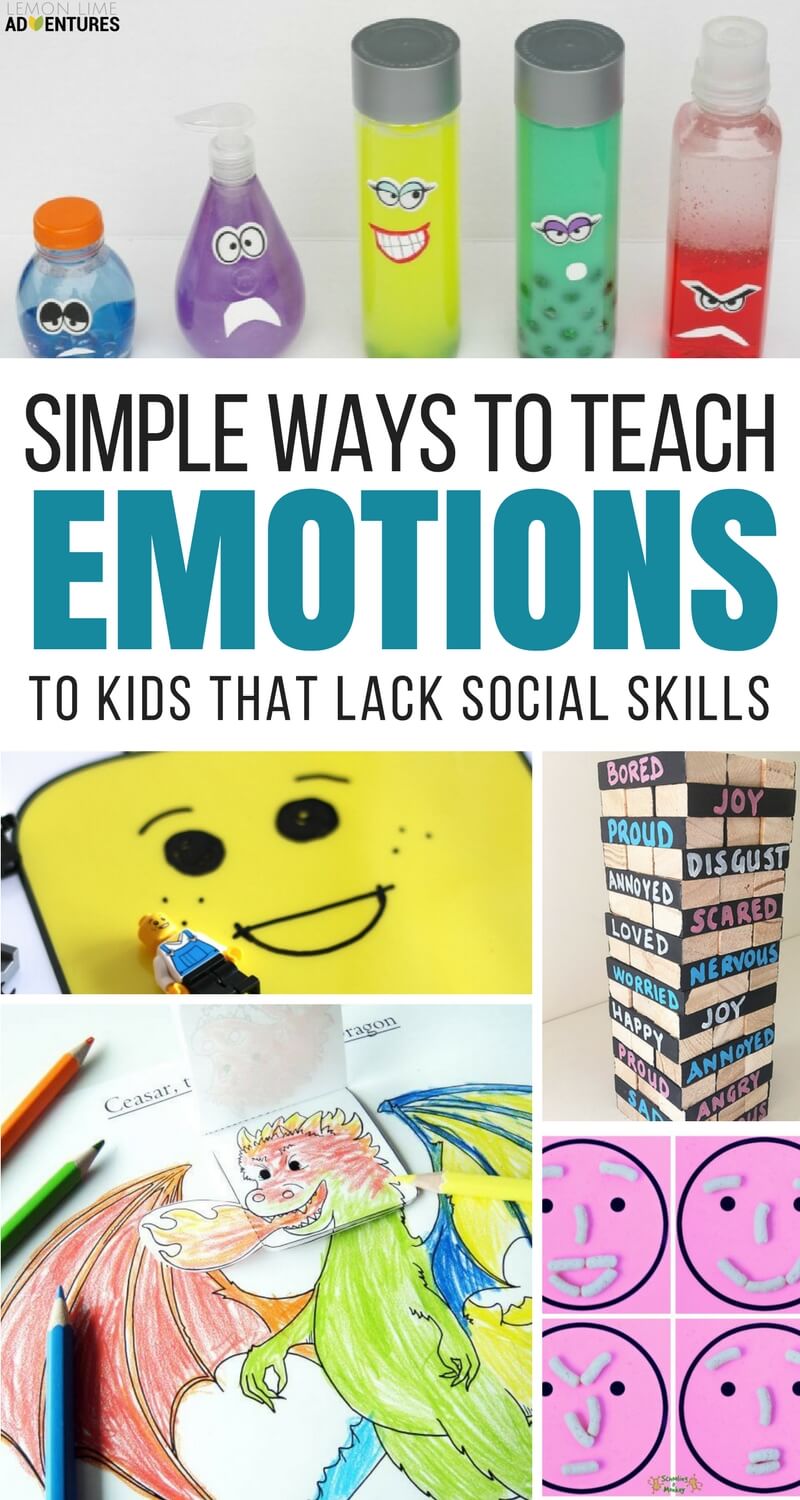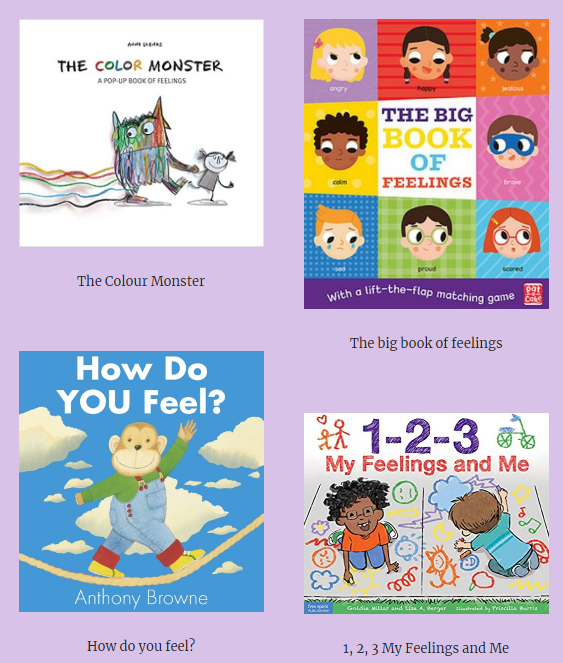Personal, Social and Emotional Development
Key points and how to support PSED
There are three aspects of PSED;
- Making relationships
- Self-confidence and self-awareness
- Managing feelings and behaviour
Making relationships
Making relationships focuses on a child's interactions with other children and adults. One of the earliest milestones for this is to gaze at faces and copy facial movements. e.g. sticking out tongue, opening mouth and widening eyes.
A target for a two year old is to form a special friendship with another child.
One target for a three year old would be to initiate play, offering cues to peers to join them.
Self-confidence and self-awareness
The aim of the self-confidence and self-awareness aspect is to ensure children are confident to try new activities, and say why they like some activities more than others. They are confident to speak in a familiar group, will talk about their ideas, and will choose the resources they need for their chosen activities. They say when they do or don't need help.
A target in the 22-36 month age group in this area is to express their own preferences and interests.
An example of a milestone for this area for 30-50 months old is to enjoy the responsibility of carrying out small tasks.
Managing feelings and behaviour
Managing feelings and behaviour focuses on supporting children to talk about how they and others show feelings, talk about their own and others’ behaviour, and its consequences, and know that some behaviour is unacceptable. They work as part of a group or class,
and understand and follow the rules. They adjust their behaviour to different situations, and take changes of routine in their stride.
One target for a two year old in the area is to show understanding and cooperates with some boundaries and routines.
A three year old's target in this area could be to begin to accept the needs of others and take turns and share resources, sometimes with support from others.
Home learning resources
Making relationships
22-36 months
Help your child to recognise and understand the rules for being together with others, such as waiting for a turn. To support your child with this, you can provide resources that promote cooperation between two children such as a big ball to roll or throw to each other. They can have fun playing simple games such as catch and tag whilst learning the importance of taking turns and sharing.
30-50 months
Puppet show! Set up a puppet show for your child and encourage them to join in with you. Role play different scenarios that could happen with friends, e.g. challenge your child with "I don't have anyone to play with", and see their response. Encourage them to be kind and think about others feelings throughout the activity.
Self-confidence and self-awareness
22-36 months
Let's make choices! Instead of telling your child what they will do today, involve them in the choice. Something as simple as "which should we do first, park or shopping?". Talk to children about choices they have made, and help them understand that this may mean that they cannot do something else. This will support your child to express their own preferences and learn that we cant always get everything we want but we can make our own decisions.
30-50 months
Give your child responsibilities to do at home, for example helping to put their clothes in the washing machine. Give them a lot of choice regularly. Instead of saying "Let's go to the park", say "Would you like to go to the park or stay at home", and " Would you like to help me wash the clothes or hoover?". This promotes choice and supports children to develop their self-confidence and self-awareness.
Managing feelings and behaviour
22-36 months
Help your child to recognise when their actions hurt others. Be wary of expecting them to say ‘sorry’ before they have a real understanding of what this means. An easy way to support this is to have agreed procedures outlining how to respond to changes in children’s behaviour, this way there is never confusion on what is okay and not okay.
30-50 months
Create your own feelings board! Create a big feelings board with your child and add pictures and words of all of the feelings. Add a section that says "Right now I feel..." and create small pictures of all the different emotions for your child to stick onto it. After a fun day of creating this, they can use it daily to say how they feel. Encourage them to use this when experiencing tantrums to support them in expressing how they feel.
